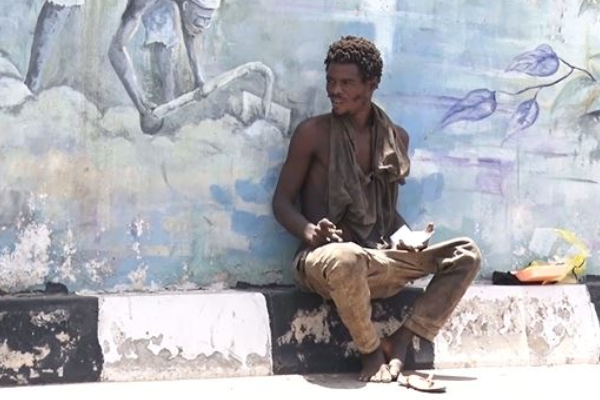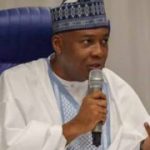Mental health challenges appear to be on the increase in Nigeria, with depression, suicidal behaviours, drug use and abuse, as well as psychotic disorders all featuring prominently.
Experts say despite the situation, Government at all levels failed to provide adequate access for the affected persons in Nigeria, while the Mental Health Bill passed by the National Assembly is yet to get Presidential assent.
[wonderplugin_video iframe=”https://youtu.be/keWfnrUwt6U” lightbox=0 lightboxsize=1 lightboxwidth=960 lightboxheight=540 autoopen=0 autoopendelay=0 autoclose=0 lightboxtitle=”” lightboxgroup=”” lightboxshownavigation=0 showimage=”” lightboxoptions=”” videowidth=600 videoheight=400 keepaspectratio=1 autoplay=0 loop=0 videocss=”position:relative;display:block;background-color:#000;overflow:hidden;max-width:100%;margin:0 auto;” playbutton=”https://www.tvcnews.tv/wp-content/plugins/wonderplugin-video-embed/engine/playvideo-64-64-0.png”]
Mental health has to do with cognitive, behavioral, and emotional well-being. It is all about how people think, feel, and behave.
People with mental health challenges may find it difficult take proper control of their behaviour, emotional and physical wellbeing.
Based on this, people, communities, societies, and the government should see the promotion, preservation, and restoration of mental health as a crucial concern.
The World Health Organisation estimates that one in every four persons is at risk of a mental health challenge at some point in time in his/her lifetime.
And with the estimated population of more than 200 million, it implies that more than 50 million Nigerians may be at risk of having a mental health challenge at some point in time in their lifetime.
Despite the worrying situation in the country, it appears that majority of those suffering from one form of mental health issue or another lack required support, care and attention.
Experts says just about 10% of the population of those suffering from one mental health issue or another have access to treatment, leaving a huge gap of 90% of affected persons with no family and societal support.
A consultant psychiatrist at the Neuro psychiatric hospital, Aro, Abeokuta and also the Secretary-general, Association of psychiatrists in Nigeria, Abayomi Olajide called for signing of the national mental health bill into law, in order to replace the 1914 Lunacy ordinance inherited from the British government.
He noted that the new document if signed to law by the President will facilitate positive development in the handling of mental health issues in the country.
Some also want state and local government to have mental healthcare centers in communities in order to take treatment closer to the people.
Regardless of how Nigerians may view those who struggle with mental health issues, some of them may be able to regain their sanity with the right treatment, love, care, and attention.














